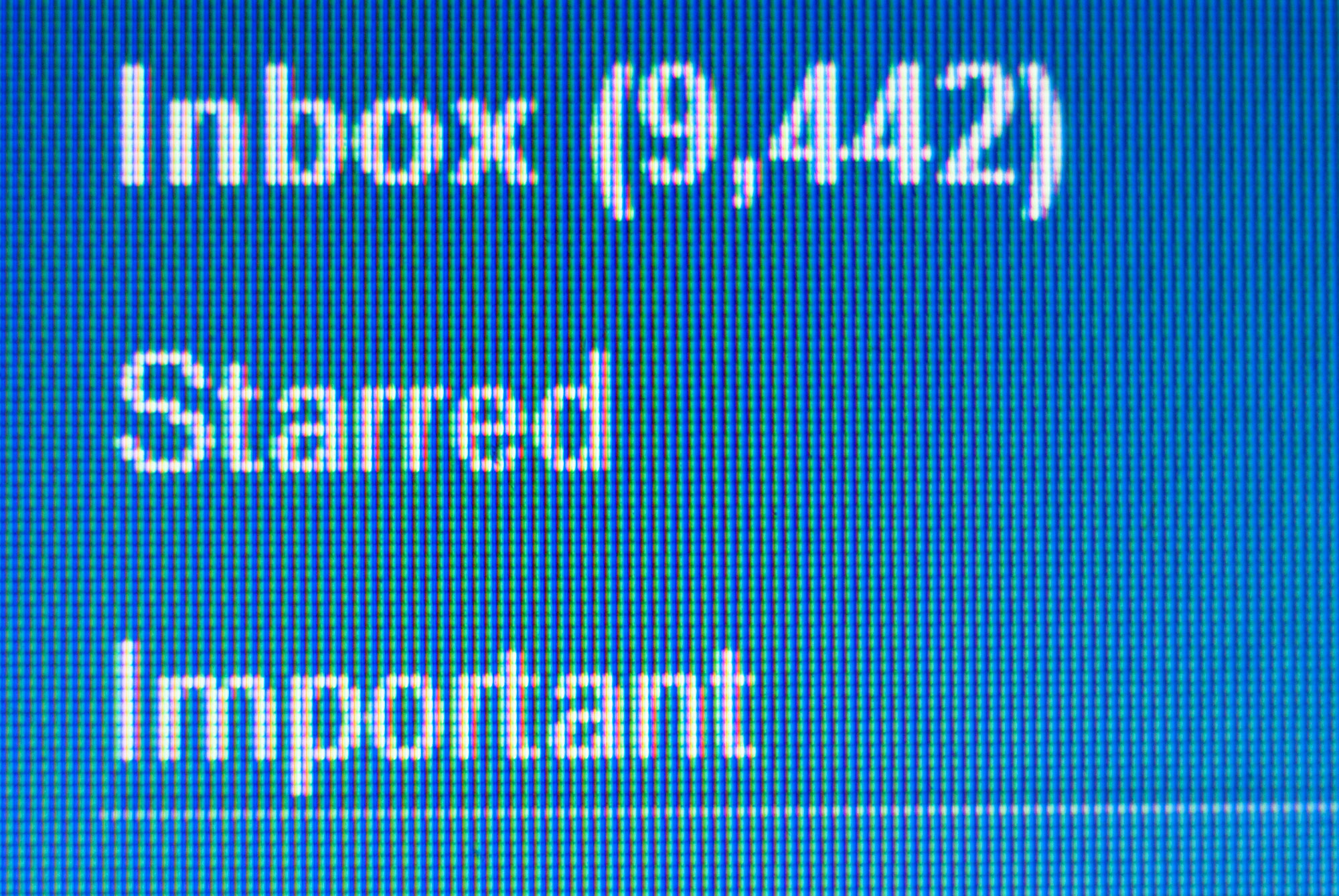

This post is in partnership with Inc., which offers useful advice, resources and insights to entrepreneurs and business owners. The article below was originally published at Inc.com.
It might be one of the least sexy skills on the planet, but the ability to weave a flawless email is an enviable trait. Because so much of communication is derived from nonverbal cues such as body language, an effectively-written email is particularly important: without those nonverbal cues, emails can so easily get misinterpreted, at best leading to minor misunderstandings, and at worst, derailing important business projects.
Depending on what type of job you hold, email etiquette can vary significantly. In many corporate cultures, the tone is formal and messages are very matter-of-fact, whereas other companies are accustomed to informal interactions involving smiley faces and cute “xoxo” sign-offs. But wherever where you work, one thing remains the same: your email manners matter.
Here are 5 general rules to follow to master the art of emailing:
If your inbox is anything like mine, chances are it’s flooded by a ridiculous number of emails per day. Given that, it’s imperative that all your outgoing emails have a clear subject line. Also, in the body of the email make sure you get to the point using as few words as possible. Lengthy messages typically scare more people off.
“It’s very simple; emails should deliver information and, if needed, send out a call to action,”says Deb Merry, marketing expert and entrepreneur.
Speaking of delivering information efficiently: when a long email exchange morphs into a new topic but the subject hasn’t changed, it’s time to edit the subject to make the thread easier to find in the future.
Lindsey Pollak, email etiquette consultant and author of Getting From College to Careerexplains, “Your e-mail greeting and sign-off should be consistent with the level of respect and formality of the person you’re communicating with.”
Pollak advises writing “for the person who will be reading it–if they tend to be very polite and formal, write in that language. The same goes for a receiver who tends to be more informal and relaxed.”
Before reaching out to any potential clients or customers, it’s important to do your homework. In other words, you need to develop a mental image of who they are and what they’ll respond to, and write your email accordingly.
Adding a personal touch is usually very effective. For example, if you are reaching out to an author to request a book for reviewing, it’s a good idea to compliment some of his previous work. Not only does it make him feel good, but it shows you put in the effort to learn about him. Who wouldn’t want to do business with someone like that?
If you’re using a tool like Salesforce or Contactually to send out a number of emails at once, be sure to personalize before sending. A mass mail that feels like a mass mail is a major turn-off.
In many cases, your initial exchange will require a follow up. It’s one thing to establish a connection, but learning how to maintain relationships is another skill entirely.
Following up after a pitch meeting? A short, unique email showing your appreciation for the other parties’ time will go a long way. Responding to press? Your follow up “could be as simple as a quick email or tweet saying thanks, or it could be following up with feedback about the coverage,” Crew Blog reports.
Follow-up emails are a great opportunity to say thank you and leave on a positive note so you can continue doing business together.
Whether you’re following up with someone or just checking in with a contact you’re out of touch with, it usually feels less obtrusive if you try to add value in some way. If there is a product they might be interested in, let them know. If there is news relevant to their industry, let them know. If you have a suggestion for their business that can help them improve their profitability, let them kn- well, you get the idea.
You never want to be the type of contact who only gets in touch when you want something; that’s a great way to keep your professional network small.
Of course, these are just my top five. How would you rate yourself on the email etiquette scale? What else would you say has been a key to your email success?
More Must-Reads From TIME
- The 100 Most Influential People of 2024
- Coco Gauff Is Playing for Herself Now
- Scenes From Pro-Palestinian Encampments Across U.S. Universities
- 6 Compliments That Land Every Time
- If You're Dating Right Now , You're Brave: Column
- The AI That Could Heal a Divided Internet
- Fallout Is a Brilliant Model for the Future of Video Game Adaptations
- Want Weekly Recs on What to Watch, Read, and More? Sign Up for Worth Your Time
Contact us at letters@time.com